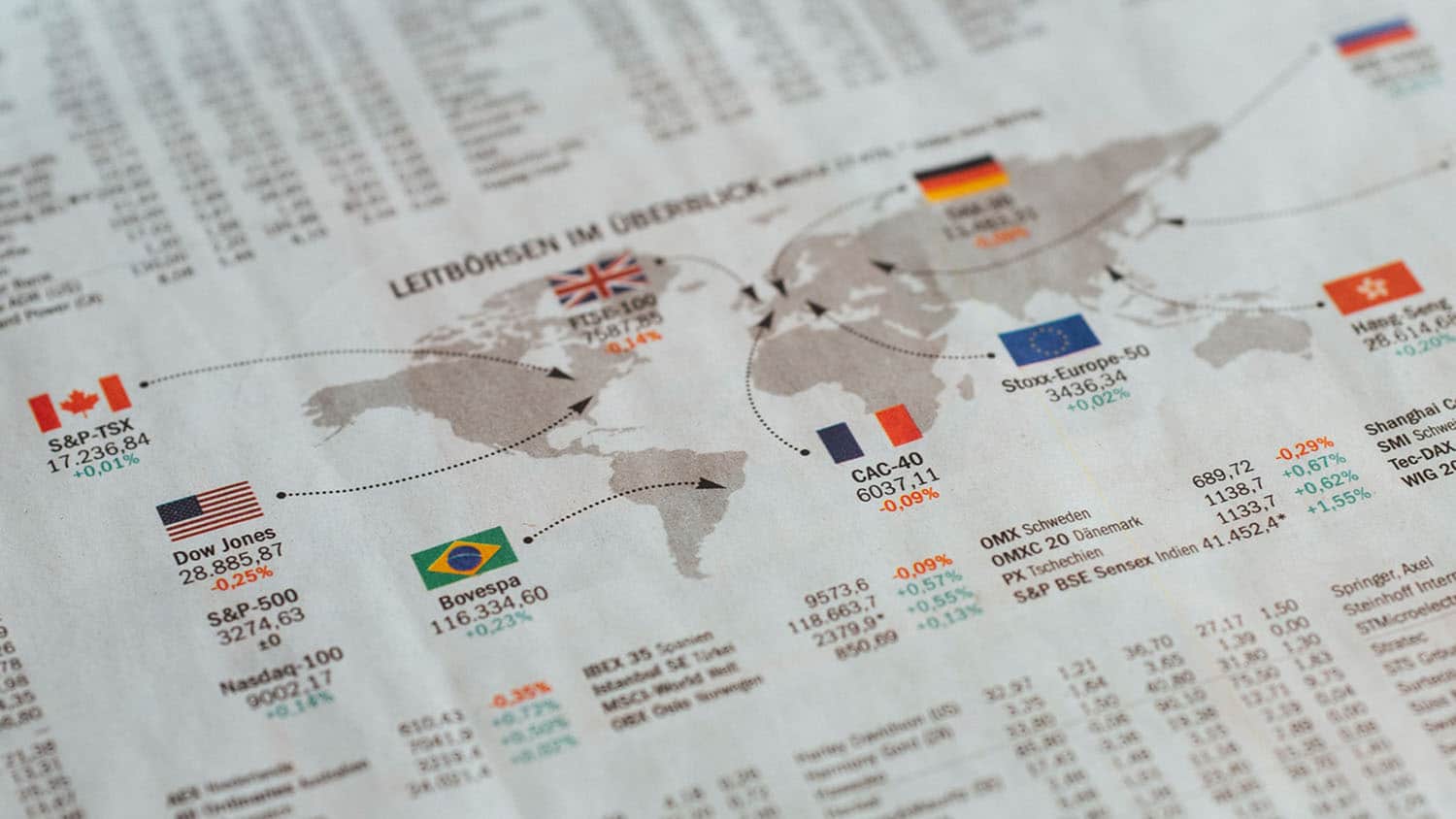Men were more likely to be the spouse with the most knowledge of a couple’s finances in 2016 than they were in 1992 – especially in wealthy couples, a new study suggests. Results come from a survey that interviewed the spouse in mixed-sex married couples that was identified by a household member as “more knowledgeable...
Consumer
Can We End the Cage Age?
Between 2018 and 2020, 1.4 million EU citizens signed the petition ‘End the Cage Age’, with the aim of ending cage housing for farm animals in Europe. In response to this citizens initiative, the European Parliament requested a study by Utrecht University researchers on the possibilities to end cage housing. On 13 April, the scientists...
Having Employees Overseas Helps Companies Reap Us Tax Benefits
A recent study finds U.S. companies that have a substantial number of employees in foreign jurisdictions with lower tax rates are more likely than their peers to “artificially” locate earnings in those jurisdictions – and the Internal Revenue Service (IRS) is less likely to challenge these complex tax-planning activities. “Many politicians seek to encourage domestic...
Black and Hispanic Women, Less Educated Workers Among Those Hardest Hit by COVID-19 Job Losses
Unemployment fell to 6% in March, according to an April 2 U.S. Department of Labor report. The strongest gains were in leisure and hospitality and construction. The news was better than expected, but aggregated data doesn’t always tell the full story according to economists at Washington University in St. Louis. The unemployment rate in March for...
Its Curvature Foreshadows the Next Financial Bubble
An international team of interdisciplinary researchers has identified mathematical metrics to characterize the fragility of financial markets. Their paper “Network geometry and market instability” sheds light on the higher-order architecture of financial systems and allows analysts to identify systemic risks like market bubbles or crashes. With the recent rush of small investors into so-called meme...
Income Drives the Economy, Not Prices
Politicians and business leaders often make claims about why certain sectors in the economy are shrinking, such as the decline in U.S. manufacturing is due to robotics or trade with China. Such assessments are flawed, as the sectoral composition of the economy is mostly driven by preferences and not by productivity, according to a recent...
How Is COVID-19 Changing Americans’ Online Shopping Habits?
– Liisa Ecola, Hui Lu, Charlene Rohr, RAND Corporation Months into the coronavirus disease 2019 (COVID-19) pandemic, Americans’ online shopping habits are continuing to shift. We documented changes in online shopping habits at the beginning of the pandemic, comparing patterns from January and February (before the pandemic) with patterns from mid-March and April (when lockdowns...
Good Customer Service Can Lead to Higher Profits, Even for Utilities Without Competition
In Lily Tomlin’s classic SNL comedy sketch, her telephone operator “Ernestine” famously delivers the punchline, “We don’t care. We don’t have to. We’re the Phone Company.” But new research finds that satisfied customers mean increased profits even for public utilities that don’t face competition. Little is known about effect of customer satisfaction at utilities. As...
State Responses, Not Federal, Influenced Rise in Unemployment Claims Early in the Pandemic
Early in the U.S. COVID-19 pandemic, unemployment claims were largely driven by state shutdown orders and the nature of a state’s economy and not by the virus, according a new article by Georgia State University economists. David Sjoquist and Laura Wheeler found no evidence the Payroll Protection Program (PPP) affected the number of initial claims...
What Does Marketing Have to Do with Ill-Advised Consumer Behavior?
Researchers from University of Hawaii and University of Florida published a new paper in the Journal of Marketing that argues that a biological account of human behavior, especially undesirable behavior, will benefit human welfare. This biological perspective can complement traditional psychological, anthropological, and economic perspectives on consumption, particularly with respect to the vital topic of self-control. The...










